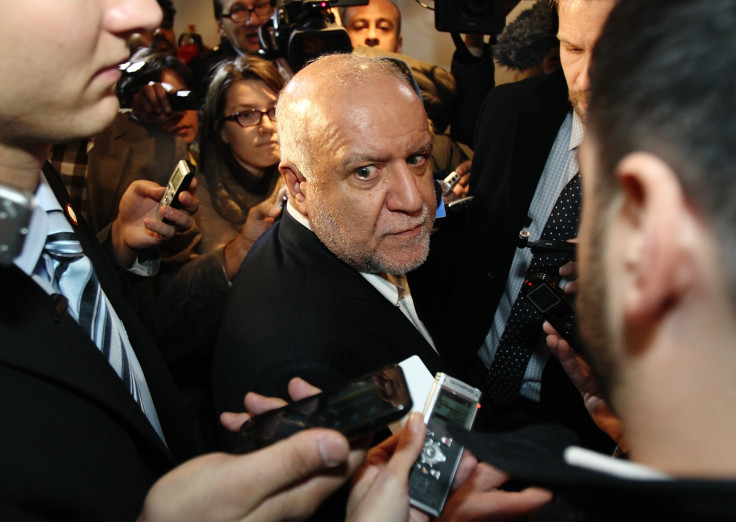Iran minister hints at Opec letting oil prices fall to $25

Iran has hinted that the Organization of the Petroleum Exporting Countries could let oil prices fall to as little as $25 per barrel (bbl) before stepping in to help.
Speaking at a press conference Iran's oil minister Bijan Zanganeh said the energy industry could deal with oil prices falling to record lows of $25/bbl and that Tehran saw no signs of a shift within the cartel of oil producers making plans to take action.
The Brent forwards contract is down at $47.99/bbl, while US dropped nearly 5% in the session to $46.39/bbl.
This is still around 60% lower than summer 2014's peak of $115/bbl. In 2013 and 2012 oil prices averaged $100/bbl.
The International Energy Agency (IEA) warned on 16 January that oil prices could remain low until as late as the second half of 2015.
"How low the market's floor will be is anybody's guess. But the sell-off is having an impact," said the IEA in its monthly oil market update note.
"A price recovery – barring any major disruption – may not be imminent, but signs are mounting that the tide will turn."
"A rebalancing may begin to occur in the second half of the year," said the agency, which advises major industrialised countries on energy policy.
Meanwhile, analysts have remarked that the oil price outlook for the first six months of 2015 remains bleak.
"We see little scope for avoiding a large stock build in 1H15 and therefore anticipate weak prices. Commodity price strength is inversely related to the dollar," said BNP Paribas analysts in a research note.
"With the US in monetary tightening mode and Europe and Japan in an expansive phase, an expected stronger dollar will create headwinds for any upward oil price improvement."
Elsewhere, Morgan Stanley analyst said in a statement that "a large inventory build-up would be problematic, even when fundamentals turn, inventory overhangs typically need to be worked off before prices rally sustainably".
© Copyright IBTimes 2025. All rights reserved.


















